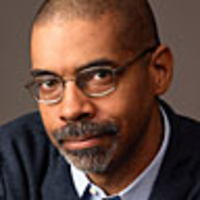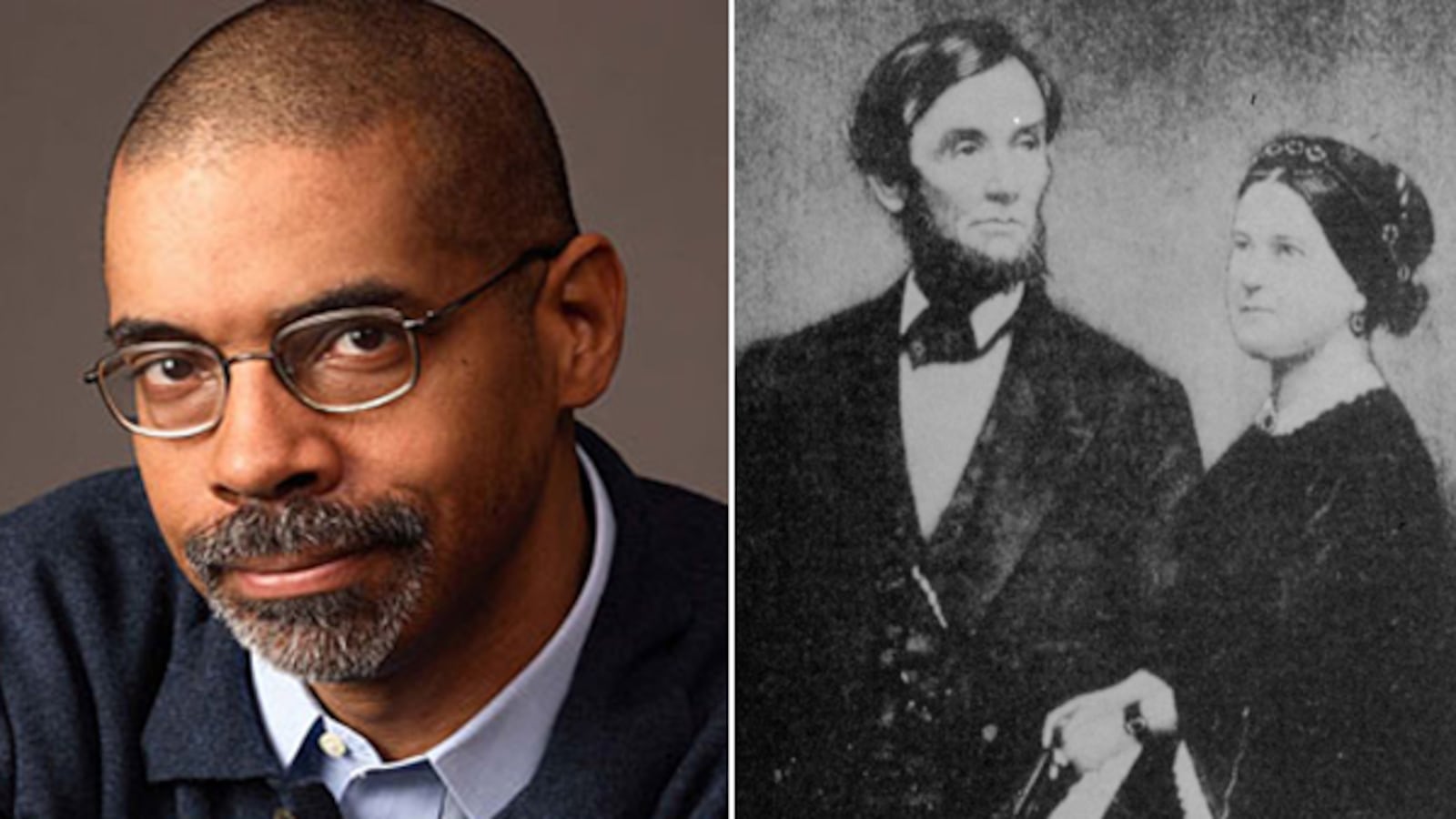
Presidents show up in a lot of thrillers—usually as victims of assassination attempts, nefarious or feckless plotters with their corporate buddies, or thoughtful approvers of wild but necessary schemes to stop the bad guys. I have limited my list to novels in which the president is central to the story, and, although many recent books are excellent candidates, I have chosen mainly from among the classics, tales that set the templates for many of the works that have followed.
Failsafe (1962) by Eugene Burdick and Harvey Wheeler

The quintessential presidential thriller, endlessly imitated but never duplicated. At the height of the Cold War, an American B-52 bomber group, believing that an exercise is a real war, flies into Soviet airspace, intending to drop hydrogen bombs on Moscow. The United States is aware of the error but unable to contact the planes. The Soviets can’t track them well enough to shoot them down. From the White House bomb shelter, the unnamed president (obviously patterned on John Kennedy) negotiates with the Soviet premier, who may not be in charge of his own armed forces. The authors manage to maintain the tension without burdening the story with any political point of view, or drowning us in techno-babble. A classic of the genre.
The Plot Against America (2004) by Philip Roth

In the years leading up to the Second World War, it is not the pro-British Franklin Roosevelt but the pro-Nazi Charles Lindbergh, elected on a peace platform, who occupies the White House. As Hitler rises, President Lindbergh insists that he will not allow “the Jews” to goad him into war, and praises the German leader as a bulwark against Bolshevism. At the same time, anti-Semitic policies are slowly and subtly introduced in the United States. Although the action is plentiful—there are sinister federal agents, mysterious disappearances, anti-Jewish riots—the most poignant part of the story involves the Roth family itself, as the author imagines how debates over the best way to survive in this alternative America might have torn the Jewish community apart. One of Roth’s very best.
Advise and Consent (1959) by Allen Drury

The president will stoop to any means, including blackmail, to ensure the confirmation of Robert Leffingwell, his controversial nominee for secretary of state, and a man the president deems essential to his negotiations with the saber-rattling Soviets. The story is rich in characters, from an ambitious senator with a secret life, to a political meddler of a Supreme Court justice, to a newspaper editor with an unusual sense of ethics. Leffingwell, meanwhile, may be hiding a couple of secrets of his own. Another tale that has inspired many others, none of them nearly as powerful and crisp. The narrative is weakened a bit in places by the author’s hardline conservatism, but the story is so well crafted that the reader hardly notices.
The Dead Zone (1979) by Stephen King

One doesn’t ordinarily include a tale of the supernatural on such a list as this one, but this chilling novel is more than worthy of a place. An accident victim named Johnny Smith wakes from a coma with a skill at premonition. Because he lives in New Hampshire, he decides to meet the presidential candidates who pass through during the primary, shaking their hands and predicting their futures. (The scene in which he meets Jimmy Carter is hilarious.) Smith eventually foresees that a minor member of the House of Representatives will one day be elected president and start a nuclear war. What to do, when nobody else will believe in his powers? An early King, and a fine one.
Seven Days in May (1962) by Fletcher Knebel and Charles W. Bailey II

It can’t happen here—but what if it did? In this Cold War classic, military leaders become concerned about a president they consider weak and vacillating in the face of Soviet expansionism abroad and defense-industry strikes at home. The president and his advisers fear that a coup is being plotted but lack the political capital to make so outrageous a charge stick. They could be right about the threat, or they might be taking a handful of cryptic remarks out of context, but each effort to gather evidence in secret blows up in their faces. At the same time, they dare not go public. That the authors manage to tell the gripping story without adopting an overtly anti-military tone is but one of the virtues of this excellent novel.





